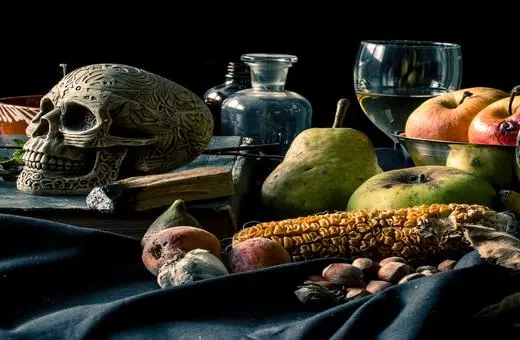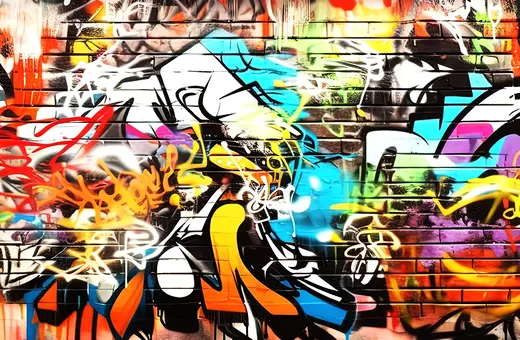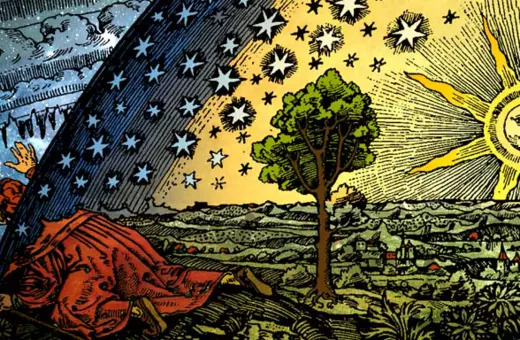The Squid Game can certainly feel like an extreme version of life: a zero-sum competition, with winners and losers. We all want the same things - a fulfilling job, a family, a house, nice holidays - but living under conditions of scarcity means some of us won’t get what we want. Hence life becomes a battle, a competition to beat others. But the extreme nature of the Squid Game is also an opportunity to pause and question whether we really want those things and whether they are worth living in a constant state of competition for. It can be scary to question whether our goals in life really make sense, but it can also be liberating, allowing us to step out of the game we thought we had to play, writes Rebecca Roache.
Read Edward Castronova’s counterpoint article, Life is a squid game.
The Netflix series Squid Game depicts debt-ridden characters who compete in a series of childhood games. The winners get a huge cash prize, but the losers will die. It’s the latest in the so-called ‘battle royale’ genre of stories, named after the 1999 novel Battle Royale by the Japanese author Koushun Takami. Watching Squid Game, we have the uncanny experience of thinking: ‘Wow, thank God life isn’t really like that. Oh, wait—actually, it is’.
 SUGGESTED READING
Life is a squid game
By Edward Castronova
Squid Game’s creator, Hwang Dong-hyuk, has openly stated that the story reflects real life. He remarked, ‘I wanted to write a story that was an allegory or fable about modern capitalist society, something that depicts an extreme competition, somewhat like the extreme competition of life’[1]. This view of life as an ‘extreme competition’ is rooted in scarcity: Hwang, like the characters in Squid Game, has struggled with debt. When resources are scarce, we fight each other for them, often with a ferocity that doesn’t seem to be justified by the value of the resources. But there is a second way to react to situations of scarcity: to question whether the scarce resource in question is desirable in the first place. Instead of mindlessly competing for something that seems desirable, we can choose to quit the competition altogether.
SUGGESTED READING
Life is a squid game
By Edward Castronova
Squid Game’s creator, Hwang Dong-hyuk, has openly stated that the story reflects real life. He remarked, ‘I wanted to write a story that was an allegory or fable about modern capitalist society, something that depicts an extreme competition, somewhat like the extreme competition of life’[1]. This view of life as an ‘extreme competition’ is rooted in scarcity: Hwang, like the characters in Squid Game, has struggled with debt. When resources are scarce, we fight each other for them, often with a ferocity that doesn’t seem to be justified by the value of the resources. But there is a second way to react to situations of scarcity: to question whether the scarce resource in question is desirable in the first place. Instead of mindlessly competing for something that seems desirable, we can choose to quit the competition altogether.
This view of life as an ‘extreme competition’ is rooted in scarcity.
Consider the panic-buying of everything from toilet paper to petrol over the past eighteen months or so. People were buying even when they didn’t need these things: few people actually need dozens of toilet rolls at once, and nobody needs to queue for hours to buy petrol when they still have a week’s worth left in their tank. But when toilet paper or petrol are in short supply, pausing to reflect on whether they actually need any is a luxury that many people feel they can’t afford. Instead it’s a case of: fight to get it now, and worry about whether we really need it later.





















Join the conversation